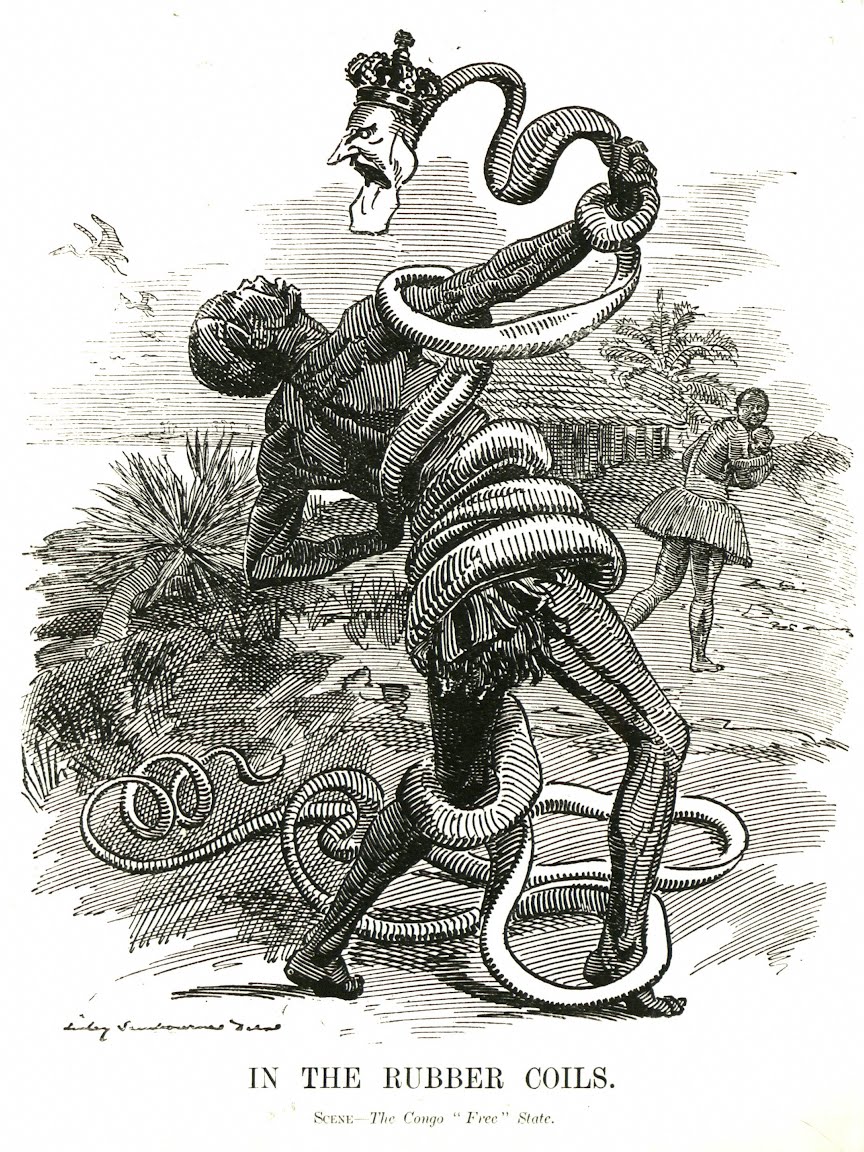This kind of research is interesting. There are several of these that I know of (Ethiopia's Injera cost, Kenya's Kikapu, Tanzania's gharama etc). Hopefully someone can put these indices in comparison to other cost-of-living/inflation measures. Link to the report page - https://www.sbmintel.com/2024/04/the-sbm-jollof-index-crisis-at-the-table/
I am not into the political economy weeds of this situation but is there a reason why this is so hard to do? I can think of a host of reasons but is there agreement within African(-ist) thinking why this is usually the case?
Tanzania tried this sometime back. Foreign billionaires made local millionaires partners. All check boxes were ticked. Still a good idea.
The audacity of justifying looting! - https://www.britishmuseum.org/about-us/british-museum-story/contested-objects-collection/maqdala-collection
Contemporary written accounts describe widespread looting of the fortress and church by soldiers and the released hostages. Many of the pillaged objects were subsequently re-assembled and auctioned. This auction was presented as a means of generating 'prize money' for the troops. After Maqdala was destroyed the expedition force soon left Maqdala and shortly afterwards departed Ethiopia.
Accompanying the expedition in an official capacity as 'archaeologist' was Richard Rivington Holmes, assistant in the Department of Manuscripts at the British Museum. Holmes was one of the principal buyers at the auction and returned to the UK with a significant collection of objects including over 300 manuscripts (now in the collections of the British Library (Opens in new window)), regalia, sacred vessels and liturgical equipment from the imperial treasury, library and church at Maqdala. Objects entered the British Museum collections via Holmes and through the Secretary of State for India in 1868.
Those are not “thieves”. The real thieves are these AngloAmericans who stole hundreds of thousands of prime land then forced natives to work there (state forced taxation that could only be paid in cash which could only be got from these settler farms). Fuxked up system.
Cheap - relatively Reliable - hardly
Ethiopians in Addis (the capital) can go for a full day without lights. I would want to know whether they have a special connection with ET power company to avoid the extended blackouts.
Sadly, yes. One would hope the more core sectors use it, the more the general population would use such tools. But alas!
Cold plain metrics can easily hide social complexity.
Assume 10 investigative journalists use modded privacy-friendly Firefox for year long investigation. Then their report is read by 10 million average news reader on stock browsers like Chrome. Network logics tell us that Firefox browser has asymmetrical value in the ecosystem than plain usage metrics can ever reveal.
The obsession with numbers (the more the better) is a major blinding effect in societies driven by hierarchical cultures.
Thank you for the share.
Your use case matters here. Perhaps there are other specialized tools for what you want to achieve.
Why is LibreOffice “meh”? I have used it for the last 10 years and would like to know what it is you find off with it.
Every time the sleeping giant try’s to get its country in order, a fresh mineral or natural resource is in the news! Resource curse indeed.

No matter how far we have come as a society, you look again and realize on some things we have really not moved much. if anything, there might be regression. Think of Belgium owning forests in DR Congo for "carbon credits"!!!